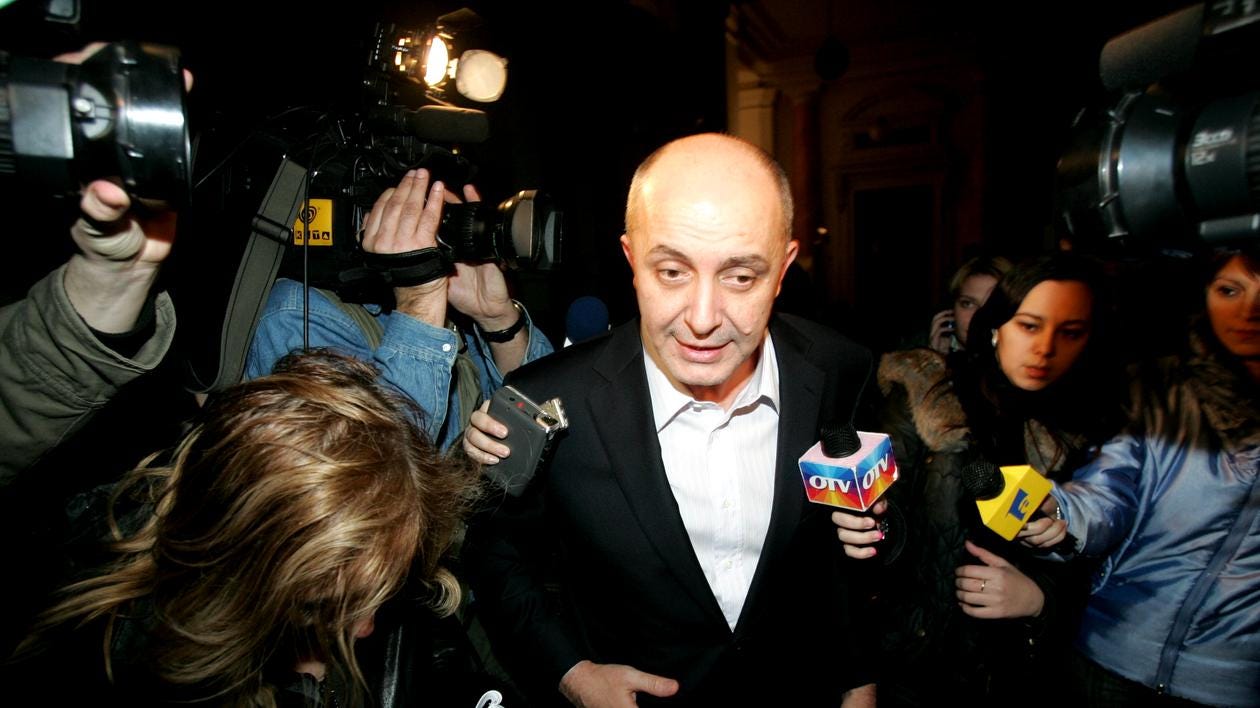Appeal judges refuse extradition
Businessman who suffered “flagrantly unfair” trial in Romania is freed
Since 2004, the European arrest warrant has allowed fast-track extradition between members of the European Union. Mutual recognition is based on the understanding that each EU state can trust the judicial processes of every other member state. But, as we saw last week, there are exceptions.
Gabriel Popoviciu, 61, a businessman, was convi…
Keep reading with a 7-day free trial
Subscribe to A Lawyer Writes to keep reading this post and get 7 days of free access to the full post archives.




